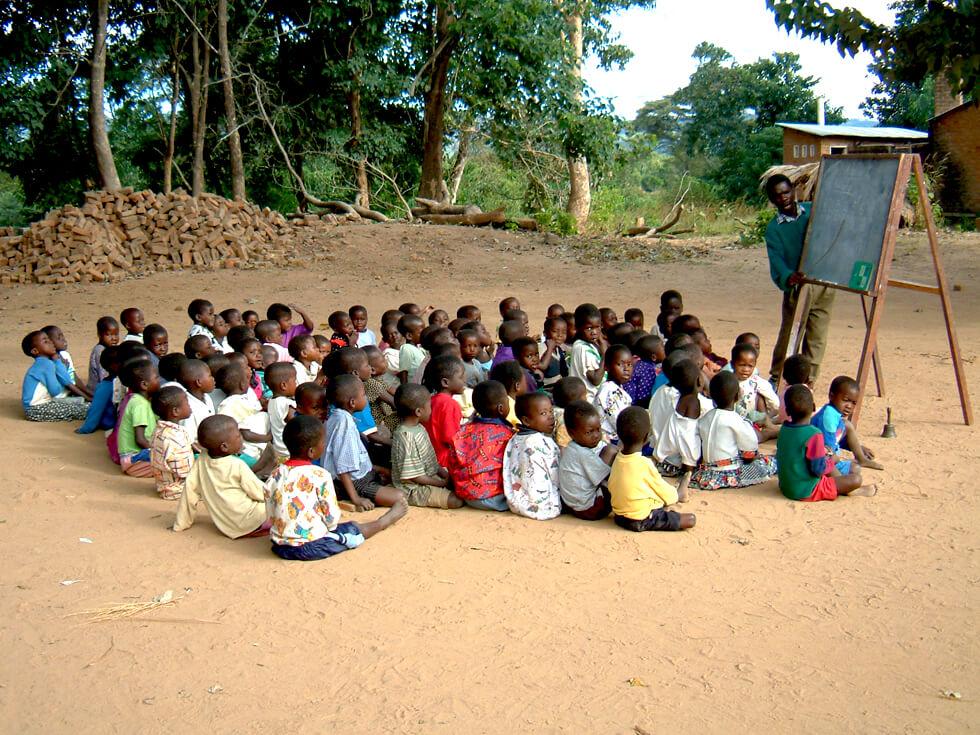At Copenhagen Conference, US Pledges $20 Million towards Education For All
WASHINGTON, DC (November 15, 2011) - Coming just a few months after Congresswoman Nita Lowey (D-NY) and Congressman Dave Reichert (R-WA) reintroduced the bipartisan Education For All Act in the House to make universal basic education a development priority, the US has committed $20 million to the cause. The US delegation to the Global Partnership for Education (GPE)‘s pledging conference, held last week in Copenhagen, for the first time joined representatives from over fifty countries to raise a total of $1.5bn for the organization’s efforts to ensure access to quality education for all children.
“Securing the first-ever US funding commitment to the GPE demonstrates coordinated work throughout the US government to provide additional support to global education-at a time when there are proposed funding cuts across the board,” said Brian Callahan of the Global Campaign for Education-US Chapter. “Although this pledge is much smaller than what the US can do, it is not a negligible investment. It will help enroll more than 200,000 more children in school, hire 5,000 more teachers, and place 1.2 million textbooks in classrooms. We can all be very proud of that.”
Today, approximately 70 million children across the globe are denied access to basic education; yet study after study confirms that investing in universal education would yield significant returns on issues like food production, health and global security. High rates of primary education are correlated with lower rates of food insecurity, and just four years of primary schooling can boost a farmers’ productivity by nearly 9 percent. Education can also reduce the risk of HIV/AIDS transmission by disseminating information about prevention and treatment to the wider school community. Worldwide, it is estimated that 700,000 HIV cases could be prevented each year if all children received a primary education. Although more than half of the world’s out-of-school children live in fragile and conflict-affected states, less than half of basic education funding is directed to these states; while every additional year of schooling reduces an adolescent boy’s risk of becoming involved in conflict by 20 percent.
You can download the press release here.
“Congress may not see eye to eye on much these days, but both parties can agree on the importance of investing in education in developing countries,” said Callahan of the bipartisan investment. “Education provides a way for millions to escape poverty, disease and conflict, which helps stabilize the global economy and community.”
Over the next three years, funding dedicated to the Global Partnership for Education will help put 25 million children into classrooms for the first time, train 600,000 new teachers and significantly reduce illiteracy for primary school aged children. Education is vital for child and maternal health - and the long-term impacts of Global Partnership’s support during this period include saving the lives of 350,000 children and 14,000 mothers.

